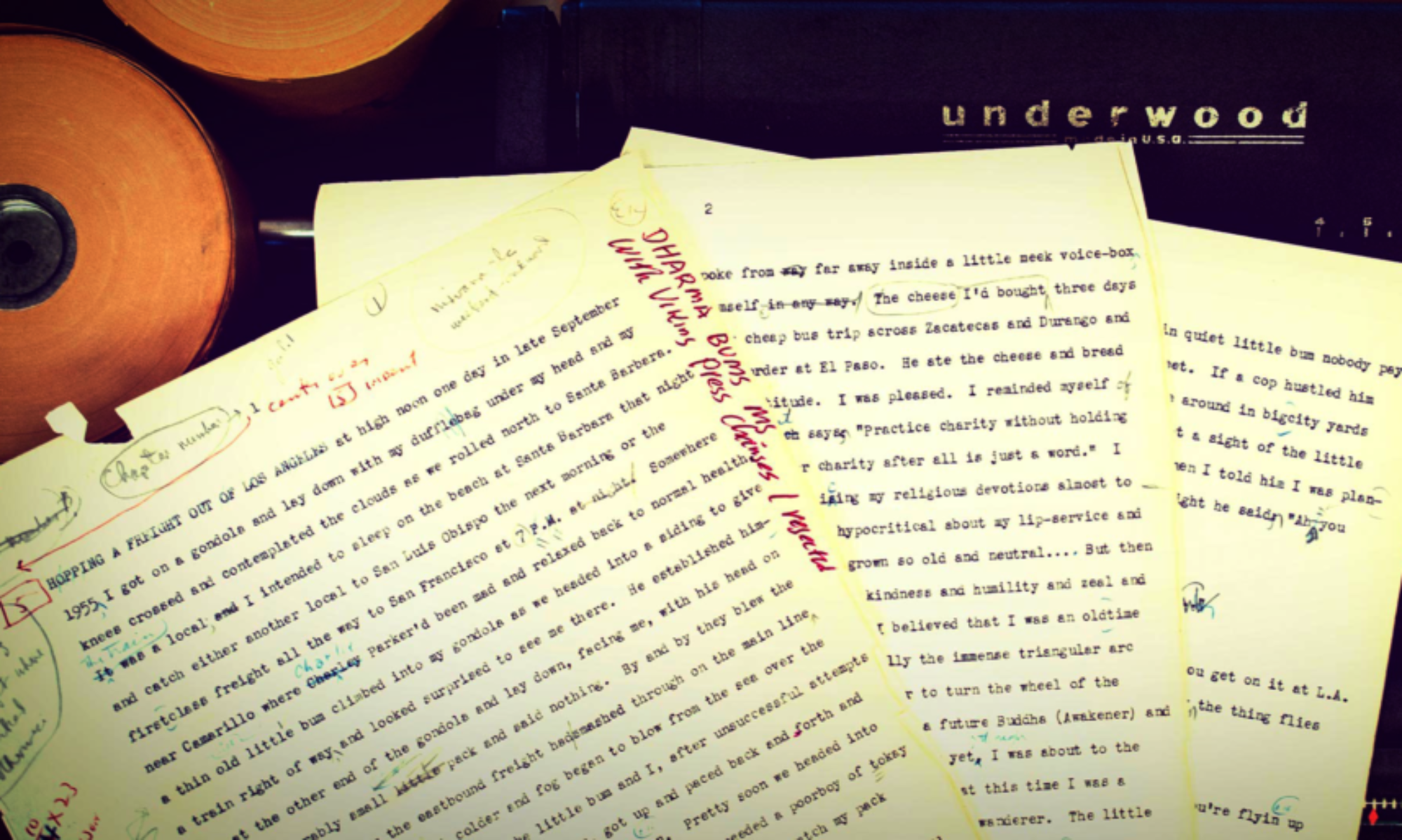Emma Davenport has been named the inaugural winner of Victorian Poetry’s new early career prize for exemplary essays by untenured colleagues. The journal editor praised Emma’s work, saying “In this first year we received a number of very strong submissions, which were anonymized and then judged by a prize committee consisting of preeminent colleagues in the field (all full professors at top-tier institutions). Emma’s essay was chosen as the winner by unanimous and enthusiastic decision.”
Victorian Poetry is thrilled to announce that Emma Davenport (Emory University) is the inaugural winner of the journal’s new early career prize! Davenport’s forthcoming essay, “Crediting Women’s Poetic Labor: Paradise Lost and Toru Dutt’s ‘Our Casuarina Tree’,” offers a startling, skillful, and persuasive new reading of Dutt as an astute and critical reader of Paradise Lost. Building on evidence that Dutt knew Paradise Lost intimately, the essay shows us how Milton’s association of the Indian banyan tree with sin provides a rich intertext for Dutt to engage, answer, and revise. In a bravura close reading of the text, the author shifts our attention from the tree to the vine that is wrapped around it. Where most readers have read the vine as a figure for the snake—and Satan—in this account we see how Dutt associates the vine with Eve. Furthermore, through the association of Dutt’s name with an Indian vine (the Torulota or Tarulatta), the essay brilliantly demonstrates how Dutt reclaims India and the woman poet from Milton, by way of Milton’s own text. This poetic analysis complicates the binary logic in postcolonial scholarship on Dutt and makes a powerful argument about decolonizing our own analytic frames for reading colonial poetry. Richly researched, beautifully written, and highly original, this essay makes a dazzling new contribution to the project of undisciplining Victorian studies. Keep an eye out for its appearance in print very soon! Founded in 1962 to further the aesthetic study of the poetry of the Victorian period in Britain, Victorian Poetry today publishes articles from a broad range of conceptual angles and methodological approaches

